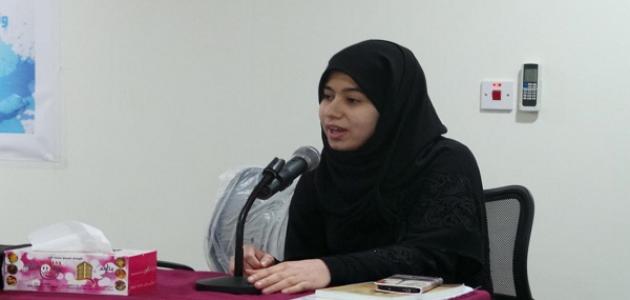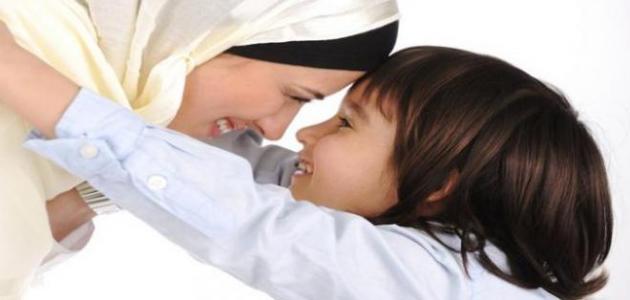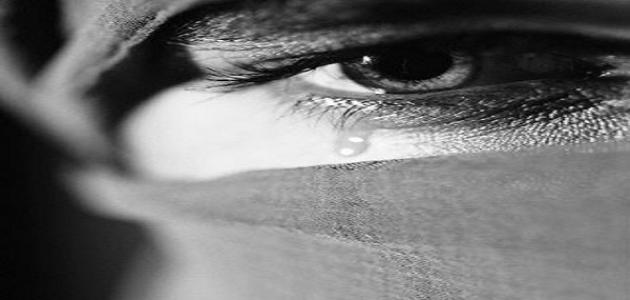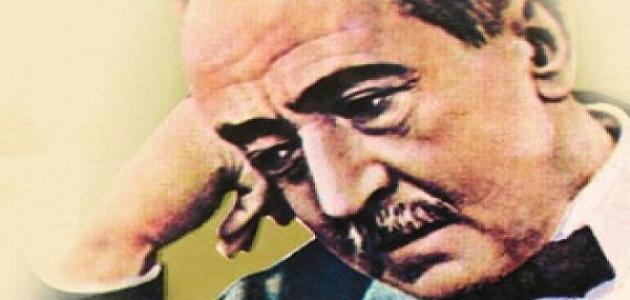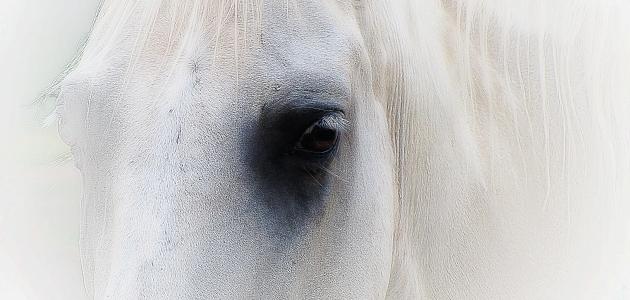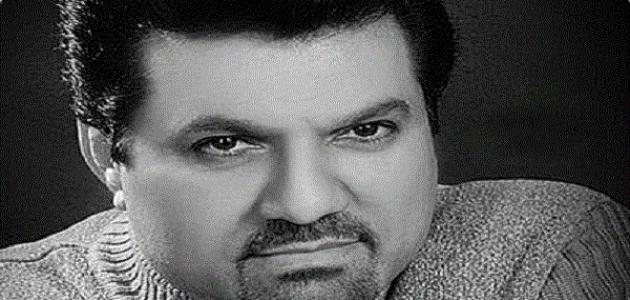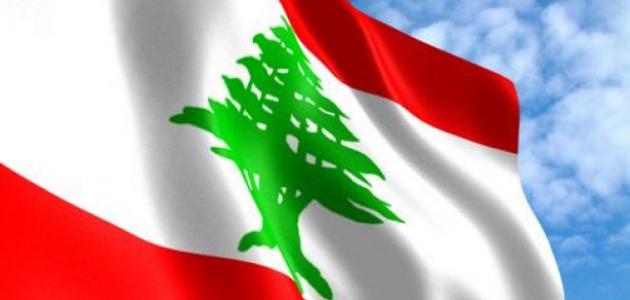The development of the concept of homeland in Arabic poetry
The homeland is a vast land that embraces and protects the people, and whoever lives in it belongs to it. The love of the homeland was implanted in all of our hearts and also in the hearts of poets, so they expressed their love for it by developing it and writing beautiful words that express their love for it.
And the homeland in Arabic poetry is poetry since its birth, and it is considered the first means that the Arab resorts to to express his overwhelming feelings, whether these feelings are joy, sadness, or nostalgia. That is why it is now a mirror that reflects to us the social, political and other situation in different times, and it may return Thanks to this feature, we now know the stages of the development of the concept of the homeland in each era, and if we go back to the pre-Islamic poetry, we find that patriotism in that period was shown through the poet’s feelings of longing and nostalgia for the old lands that embraced him for a specific period and then he was forced to move away from it, either because of wars or because Drought and drought, and by this he was also forced to move away from his beloved, which used to leave heartbreak and pain in his heart because of this separation, so he used to formulate the most wonderful poems, and an example of this is the saying of the poet Jarir, when he remembers the home of his beloved, and he wishes that he could return to it, and he says:
The neighborhood of houses, since we do not want to replace the house with a house, nor the neighbors for our neighbors
Read also:Novels of Ihsan Abdel QuddousThen the concept of the homeland developed in post-Islamic poetry because of the prosperity and urbanization witnessed by the Arab countries, and standing on the ruins became part of the Arab human soul, and every place the poet settled in became his homeland. This occupation is a bleeding wound in the heart and soul of every Arab, which made every heart attachment automatically turn into a national attachment, and every affiliation branched out to include the entire Arab people, and this is confirmed by the words of the poet Nassib Arida: The family is my family, and the ruins of the fever are my homeland and its inhabitants. A quarter of my peers and peers After this came the stage of trying to destroy patriotism, after the hands of colonialism penetrated every Arab inch, the people of the homeland were forced to emigrate and move away from the homeland, which led to the restoration of feelings of patriotism in the hearts until the homeland turned in their eyes into a human body stripped of everything The physical attributes and taking a new path is the image of the homeland, the body. Rather, it is closer than this, as it is the homeland that resides in the heart and is adjacent to the soul, which as much as it offers warm feelings and tenderness to the expatriate, but it tortures him slowly due to the intensity of love and longing and the anguish of separation. Dr. Elia Abu Madi expressed this when he said:
How much my soul embraced your Lord and clapped in the curve
Read also:The most beautiful words about lifeImru' al-Qais, who was the first to stop and stop, says:
Stop weeping from the remembrance of a beloved and a house with the fall of the twisting between entering, so he was pregnant.
And the homeland, as defined by Ibn Manzoor in Lisan al-Arab, is that the house that represents the home and place of man.
The Arabs were known for their great nostalgia for their homelands, to the extent that Al-Jahiz says in his message of nostalgia for the homelands:
((When the Arabs invaded or traveled, they carried with them from the soil of their lands sand and afar, which they would inhale.))
It was said to my godfathers, what is elation? He said: Enough with the necessity of homelands. In the past, the Arabs said:
One of the signs of adulthood is that the soul longs for its country and longs for its hometown. Therefore, Arabic poetry was full of this type of poetry: the poetry of homesickness.
Qais bin Al-Mulouh says:
Except we would like to find the goodness of its soil and its souls, if we find it on the covenant
I wish my hair about my beams were Qana for the length of the two, did they change after me?
And about our neighbors in Bateel to the fever on the covenant or did they not last on the covenant.
Ibn al-Daminah, the Umayyad poet, recalls his country, Najd, and says:
O boy, we find, when did you sway from Najd? Your misery has increased me and seriously
And Warqaa exclaimed in the splendor of the morning at the art of cutting the plant from the rand
I cried as a newborn cries, and you were not, and you showed what you were not showing
Read also:Phrases of Nizar QabbaniAnd they claimed that when the lover is close, he gets bored, and that distance cures the passion
With all our medication, it did not heal that the closeness of the house is better than the distance
However, the proximity of the house is not beneficial if the person you love is not friendly.
No matter how many houses and palaces a person lives in, this will not make him forget his homeland. This is Maysoon, a girl with a betrothed to one of the caliphs, so she left her homeland in the desert of the Levant and sat with him in the city, where there was a comfortable life. But she could not stand the separation of her homeland, and she said:
For a house where souls beat is dearer to me than a magnificent palace
And a dog that barks at me is more beloved to me than a pet cat
And wearing a cloak and recognizing my eyes is more beloved to me than wearing cloaks
Eating a piece of bread in my house is dearer to me than eating a loaf
And the sounds of the wind in all its ravages are dearer to me than the beating of tambourines
The roughness of my life in the Bedouins is more desirable to me than the pleasant life
I only want my homeland as an alternative, and the honorable homeland I adore.
When her husband heard it, he divorced her so that she could return to her family.
The image of the bodily homeland unfolds in Arab-Palestinian poetry to become a very close body and a central detonation point for the poetic imagination.
My homeland, did you hear my songs from the beating of my heart, and did the anthem cry for you?
We carried you in our hearts and we used to converse, and you are far away
However, the radical transformation of the image of the homeland in Arabic poetry takes the symbol of the woman, the homeland. The poet here reduces everything to his experience and the experience of his people and the common existential experience in which the self fuses with the group, where the earth participates in it as a distant body, and the woman as a dream close and dissolves in it the details between the beloved and the homeland, as he says a warning Qabbani:
Coming from the cities of the wind alone, so embrace me like a child, O cruel ones
Embrace me and do not contradict my madness, the height of reason, my madness darling
As for the homeland, for me, it is not only the death of the ruins, the body, or the beloved. It is the soul and part of the human soul in general, and not only in relation to the Arabs.



